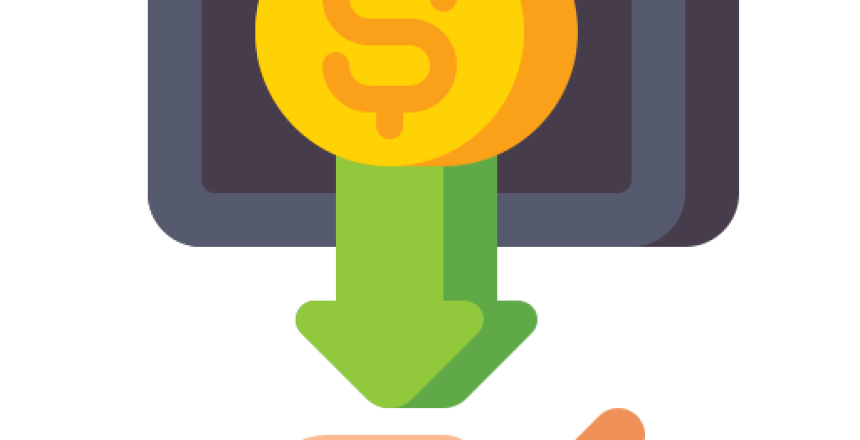If you have a substantial amount of equity built up in your mortgaged home that you would like to convert into actual disposable money, going in for a cash-out refinance might be a good idea. Here are some important things you need to know about cash out refinancing before actually going in for it.
What Is a Cash-Out Refinance?
A cash out refinance is one in which you take a new home loan for a greater amount than what you owe on your current loan, and get the difference in the amount in cash. But before that, you need to know the correct value of your home. You can get a home value report at Neighborhood IQ. Let’s take an example- if your home is valued at say, $400,000 out of which you still owe $200,000, then your equity amount is $200,000.
In cash out refinancing, you can receive a part of this equity in hard cash. If you want to take out $80,000 cash, this amount will be added to the principal amount of your new loan. Here, the principal on the new mortgage after a cash out refinancing would be $280,000.
Why should you consider a cash out refinance?
A cash out refinance proves to be a smart move under various circumstances. You can use the equity in your home to reduce your monthly interest payments and consolidate other debts. If you are unable to get any other type of financing for a large investment or purchase, cash out financing can come to your aid. Even if you do get other financing options, they might prove more expensive than the rate you can avail on cash-out refinancing.
You have complete freedom regarding how to use the cash you receive. People often use it to pay down high-interest debts on their credit cards. In spite of still owing the same amount of debt after all calculations are done, you can breathe easier in terms of monthly payments of interest. You are also likely to get the benefit of getting these interest payments deducted from your taxes, which would not be the case with your credit card debt. In such situations, at closing time, your lender will most probably make appropriate payments to your previous lender directly.
Other commonly seen uses of cash out refinancing include home renovation projects, investment property purchases, education and emergency expenses, vehicle purchase, elderly care, and vacations.
A Word of Caution: Use Cash-Out Refinancing Wisely
Make sure you exercise caution while using cash-out refinancing or any other type of long-term financing to take care of short term or current expenses. For example, using a cash out refinance to buy a car that you’re likely to use for six years might appear feasible because of a lower interest rate than a new car loan, but you might continue repaying the loan for the next 25 years.
Similarly, when you use a cash out refinance to repay credit card debt, the credit available on the card will increase, but you will still owe the same amount in total, and maybe a little more as well if you finance the closing costs.
So if you want to opt for cash-out refinancing, make sure you do it for the right reasons.


